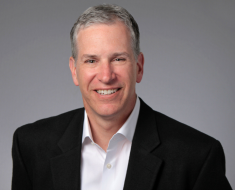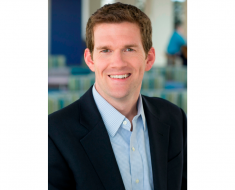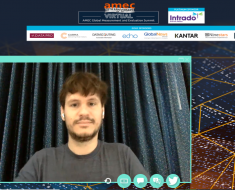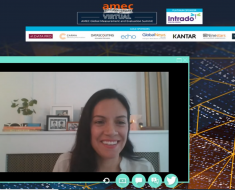
On day two of Spectra, a reputation management-focused online conference, Zeno Group’s CEO Barby Siegel engaged in conversation with Torod Neptune, Worldwide Group Vice President and Chief Communications Officer, Lenovo Group. The discussion revolved around ‘How Diversity, Inclusion and Equity got prominence in 2020’. They spoke about issues ranging from workplace diversity, workplace biases against people of colour, and how young professionals can have their voices heard in the organisation.
The discussion started with the widespread clarion call for justice sparked by the demise of George Floyd and the realities of working in a post-COVID world. Referring to the protests and organisations’ response to the George Floyd incident, Siegel wondered if this was a moment where real change (on creating diverse workplaces) would take place. Neptune was emphatic in his hope that it would “change the narrative around our industry.” He said, “There are few moments in history where the mental, emotional understanding of the weight of the challenge is more present than this issue is present. It makes me optimistic that we are in this place of collective mental, organisational and societal alignment.”
He went on to address the importance of a diverse workplace and how every organisation must invest in creating one. He said, “Pre-COVID, I travelled widely around the world and as a business and operational leader, the importance of different perspectives was reiterated over and over. It is exciting to experience and be subsumed in cultures that are fundamentally different from one’s own. A roomful of diverse perspectives offers a unique dynamism and ideas that you wouldn’t think of on your own. Industries today need and want diversity across race and gender. It’s not just a good thing to do – it is necessary because of the richness of different perspectives. Removing yourself from the geography you are accustomed to and supplanting in the global marketplace makes businesses more intuitive.”
Siegel moved the discussion on to the question of diversity in agencies, of which Neptune has long been an advocate. He said, “Rhetorically, all businesses are aligned [on the subject of diversity]. But for us to have a meaningful impact on this issue, business leaders must work on the last mile of their business with determination. Brands must use the last available mechanism to drive action for change.”
He spoke of an inherent and “unconscious bias” against people of colour in industries, in response to Siegel’s question about why people of colour have long been “absent from the decision-making roles” in organisations. He said, “Once diverse talent is acquired, it is emotional and community level bias that is more pernicious than most of us understand. Managers must understand these nuances of inclusivity. These are deep waters, where we are focussed on quick fixes or just numbers. We lose sight of the operational and cultural biases at play, and it minimises the importance of having dynamic organisational cultures.”
Siegel raised the all-important point of young professionals handling an uncomfortable work environment, and what they can do about it. “Whatever place on the diversity spectrum they are, young professionals may feel alone or that the company is not doing enough,” she said. “How can they speak up and hold leaders accountable?”
Neptune’s advice was pragmatic: “When I was younger, I sought allies in the company, whose voices were more influential than mine was at the time. Target your managers, business leaders or any advocate who can hear you out. Today, there is much more support for these issues than before. But you must also judge if the company is the best place for you to thrive. It is a tough decision, but it must be made if you wish to work with a company that aligns with your values.” He urged young professionals to ask questions to probe the culture of the company even during the interview process.
Siegel closed the discussion by voicing her concern that the current rigour around diversity would die down in the coming days. “The consistent use of our voices in holding our leaders accountable is key,” Neptune said. “We must be more vocal to ensure that we don’t lose the momentum we’ve built over the last eight months.”








